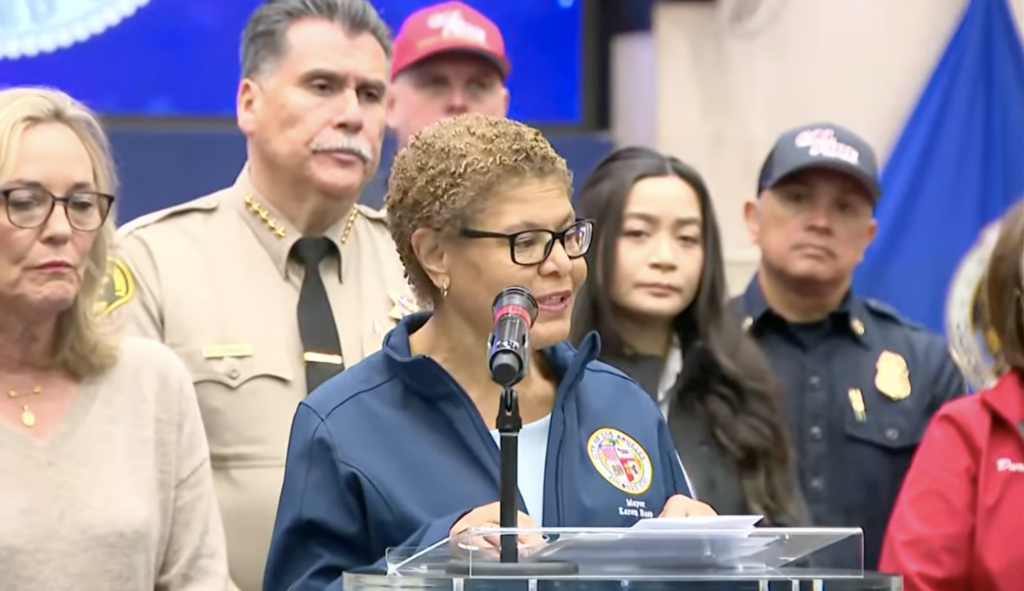Their last spending fight
When Sen. Patrick Leahy joined the Senate in January 1975, Gerald Ford was president. Sen. Richard Shelby came to Congress four years later during the Carter administration, moving from the House to Senate in the 1986 elections.
The pair of Senate lions are set to retire after the November elections but have one more legislative hurdle to clear: hammering out a final federal spending deal along with House Democratic leaders and the Biden administration.
It’s not going to be easy.
Leahy, a Vermont Democrat, is chairman of the Senate Appropriations Committee. Shelby of Alabama is the top Republican senator on the powerful panel that oversees federal spending and oversaw the panel during President Donald Trump’s term.
Now, Leahy is in the committee driver’s seat after Democrats emerged from the 2020 election cycle with the narrowest possible majority and with Vice President Kamala Harris casting tiebreaking votes for the party in the 50-50 chamber.
The pair have long worked amicably and, in fact, are friends. But that might not be enough to get their final spending deal, which is needed by the end of the fiscal year on Sept. 30 to prevent a government shutdown. Even a stopgap measure that would likely punt a spending bill until after the elections isn’t a sure thing. And with fierce battles underway between the parties to win House and Senate majorities in the Nov. 8 midterm elections, it’s unclear at this point which side would have leverage in a lame-duck session of Congress.
With Congress back from its summer recesses, lawmakers will not only be focused on the midterm elections. They must also come up with some kind of spending plan, in agreement with President Joe Biden, a longtime Senate Democratic colleague from Delaware to both Leahy and Shelby, and Democratic leaders. And it must be done before time runs out in the fading legislative calendar.
The pending retirements of Leahy, 82, and Shelby, 88, add a poignant twist to the search for a spending agreement amid increasing rancor on Capitol Hill. And while the two lawmakers are veterans of bipartisan negotiations, both are looking to protect their party’s priorities.
“Vice Chairman Shelby’s strong preference is to complete the FY23 appropriations process before the end of this Congress but not at any cost,” Blair Taylor, a spokeswoman for Shelby, told the Washington Examiner. “Any agreement must adhere to a bipartisan framework and appropriately fund our national defense. If that is not possible, the task will pass to the next Congress.”
Reaching a longer-term spending deal is no sure thing.
“While Vice Chairman Shelby and Chairman Leahy have worked cooperatively for many years, reaching agreement will be exceedingly difficult in an election year and will require extraordinary cooperation on both sides,” Taylor added.
Leahy has served the most years of any Vermont senator, and when his current term ends at noon on Jan. 3, 2023, he will be the third-longest-serving senator in history behind the late Democratic Sens. Robert Byrd (WV) and Daniel Inouye (HI). Leahy also is Senate president pro tempore, making him third in presidential succession behind the vice president and House Speaker Nancy Pelosi (D-CA).
For his part, Shelby is set to leave the Senate as his state’s longest-tenured member, representing Alabama for 36 years. Shelby was a Democrat in the House and in the Senate until 1994. He joined the Republicans after that year’s GOP wave gave the party its first Senate majority in eight years.
But before they leave office, there are still budget deals to put together. All 12 appropriations bills have the same end-of-the-month deadline, but Congress is likely unable to pass them without the requisite support in the Senate to meet the 60-vote filibuster threshold. Instead, they will likely negotiate a short-term stopgap spending bill.
Democratic leadership is set to seek such a bill, a continuing resolution, lasting into December. In recent years, such efforts have often come down to the wire. The stopgap bill would fund a range of domestic policy and defense items and avert a shutdown when funding runs out at the end of the fiscal year.
The White House requested that Congress provide an additional $47 billion in funding the Biden administration says is necessary to address “four critical needs: support for Ukraine, COVID-19, monkeypox, and natural disaster recovery.”
Senate Majority Leader Chuck Schumer (D-NY) said in remarks on the Senate floor on Sept. 6 upon the chamber’s return from its summer break that work on the continuing resolution and the White House’s request must be bipartisan.
“Democrats are going to work in good faith to avoid even a hint of a shutdown, and it is my expectation that our Republican colleagues will do the same,” Schumer said.
Democratic congressional leaders, though, also are weighing attaching a provision codifying same-sex marriage protections to the must-pass spending bill.
In his own floor remarks on Sept. 6, Senate Minority Leader Mitch McConnell signaled a thorny path ahead. The Kentucky Republican argued the four issues most pertinent to the public are crime, energy, immigration, and inflation and said Democrats “have proven they cannot deliver” on those items.
That doesn’t exactly make for a serene final few months on Capitol Hill for Leahy and Shelby.
" Conservative News Daily does not always share or support the views and opinions expressed here; they are just those of the writer."





Now loading...